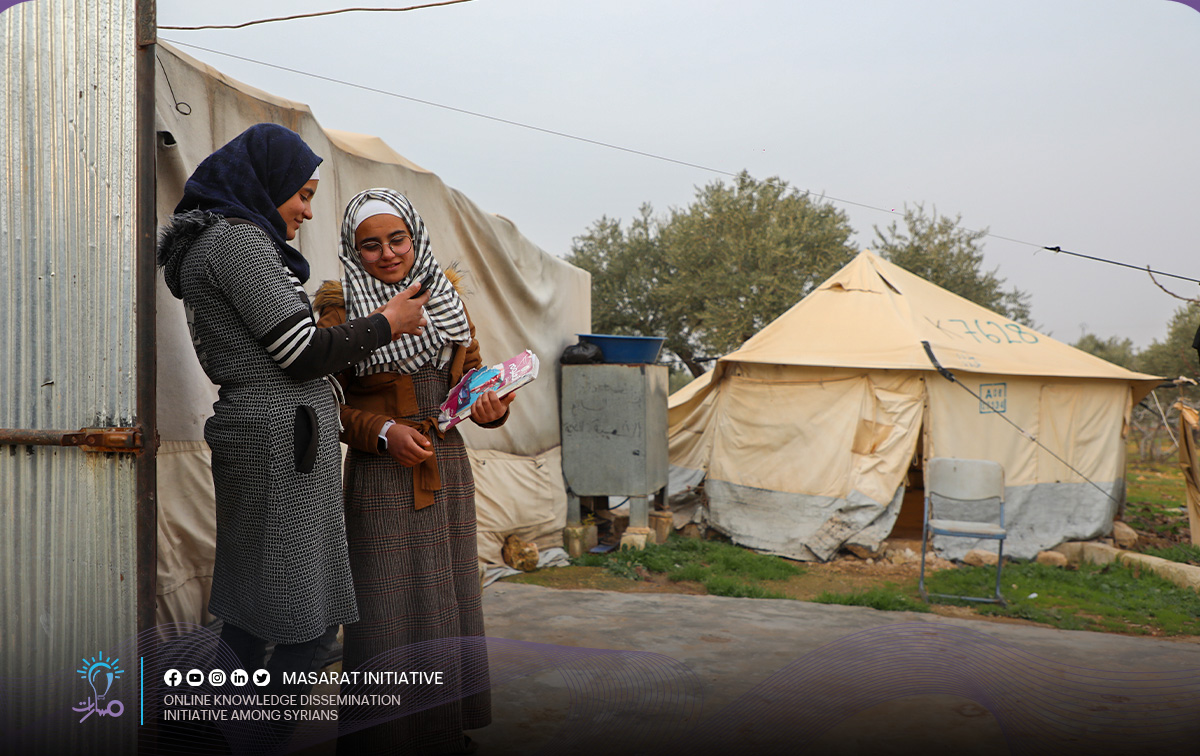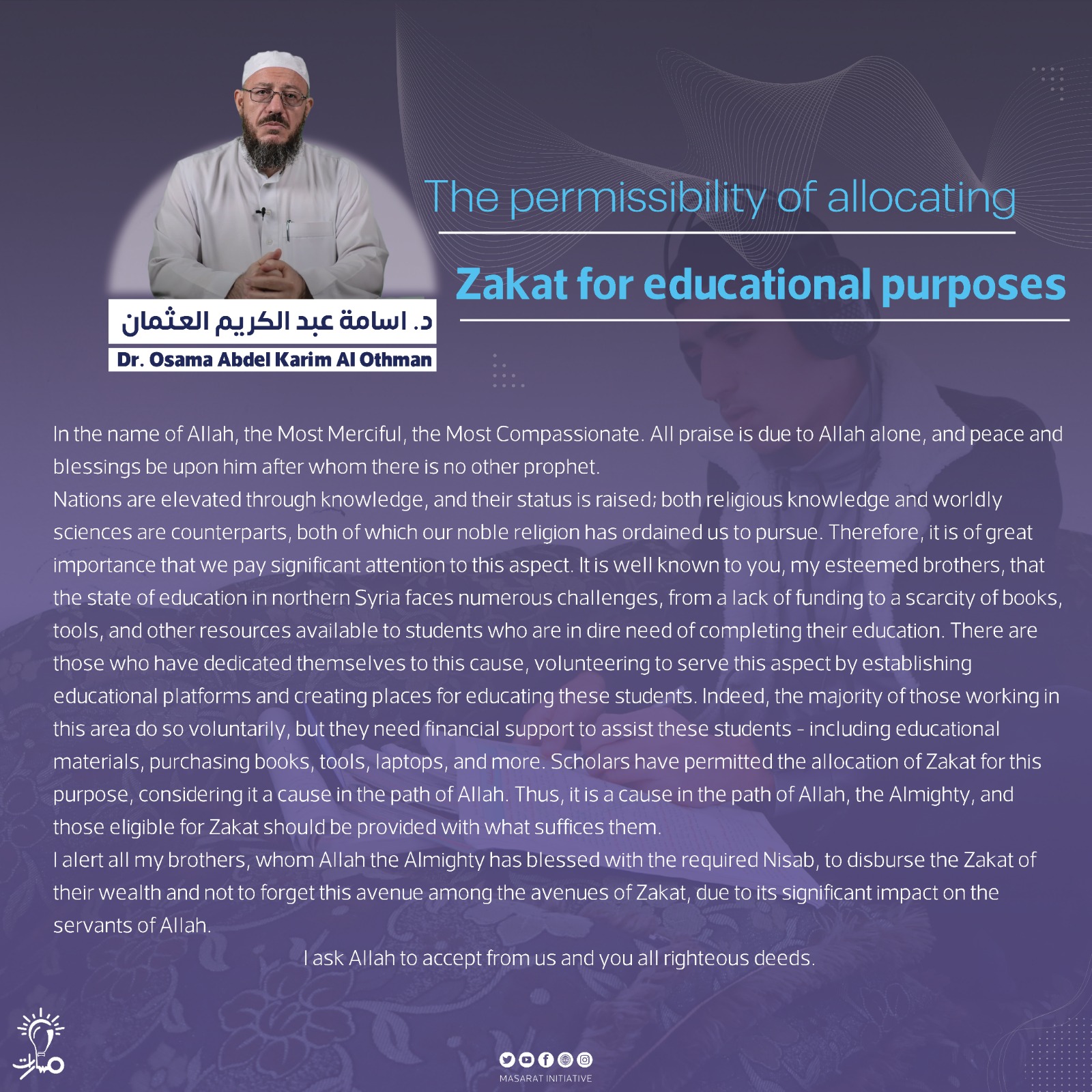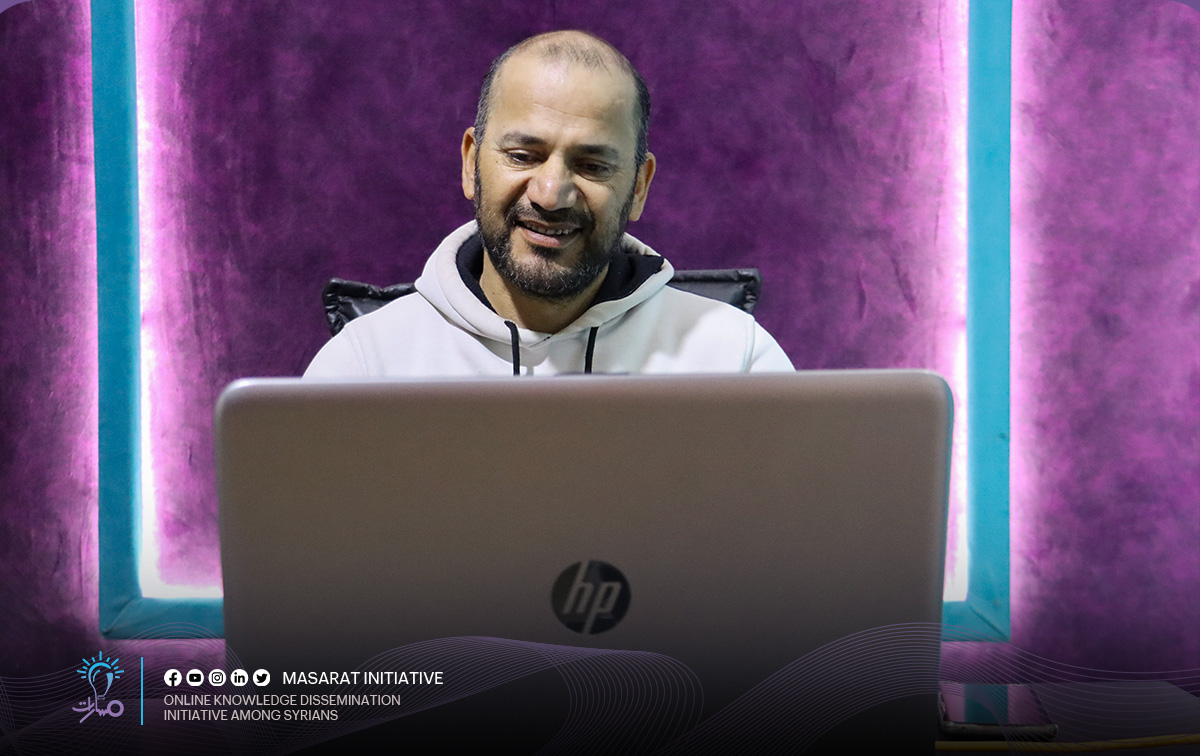Zakat al-Mal is considered one of the most important religious duties that a Muslim must fulfill, as it benefits both the poor and the giver by protecting them from greed and attachment to wealth. The Prophet Muhammad, peace be upon him, said: “Allah has prescribed a charity to be taken from their wealth, collected from their rich and returned to their poor.”
This article sheds light on the obligation of paying Zakat al-Mal annually, discussing its rulings, calculation methods, and other important details about Zakat al-Mal.
Is Zakat al-Mal Paid Annually?
Islam mandates the payment of Zakat al-Mal annually because it is different from other types of wealth such as crops and fruits; for Zakat al-Mal, there are specific Islamic legal rulings, and any wealth reaching the nisab is obligated for zakat each year.
Ibn Hazm stated in ‘Maratib al-Ijma” that: “They agreed that zakat is repeated annually for every type of wealth upon the completion of each lunar year, except for crops and fruits, which they agreed are only zakatable once in a lifetime.”
How is Zakat al-Mal Calculated Annually for Saved Money?
To calculate Zakat al-Mal, it’s important to first determine the total amount of zakat by calculating the cash assets a Muslim owns, from which 2.5% is taken out of the total money.
When Should Zakat al-Mal Be Paid?
The issue of paying Zakat al-Mal is linked to when the wealth reaches the nisab. Once it reaches the nisab, a lunar year is counted, and zakat must be paid after a complete lunar year of possessing the nisab-reaching wealth. For example, if the wealth reaches the nisab in the month of Shawwal, zakat must be paid in Shawwal of the following year.
Prepayment of Zakat al-Mal Before Its Scheduled Time
Conditions for Advancing Zakat Ahead of Its Due Time
is permissible to advance the payment of Zakat al-Mal, as evidenced by Abbas, may Allah be pleased with him, who asked the Prophet Muhammad, peace be upon him, about advancing his zakat before it was due, and the Prophet allowed it (narrated by Ahmad).
A Muslim may advance the payment of Zakat al-Mal under the following conditions:
- The wealth has reached the nisab.
- The recipients of the zakat are among those who are entitled to it, such as the poor or needy who will use the money for their needs.
- The wealth remains eligible for zakat by the end of the year.
- The zakat is advanced for one year only.
What are the cases in which it is permissible to disburse Zakat al-Mal before its due time?
Imam al-Tirmidhi stated in his “Sunan” (and most scholars have said: If he advances it before its due place, it suffices for him, and this is also the opinion of al-Shafi’i, Ahmad, and Ishaq). The Shafi’i opinion holds that it is permissible to advance the disbursement of zakat for one year only, provided that the nisab is complete; advancing zakat is not allowed before the wealth reaches the nisab, as the foundation of zakat is reaching the nisab.
As for the Hanafi school, they permit the unconditional advancement of zakat if the giver possesses the nisab of their wealth; thus, what follows is dependent on what has occurred.
Legitimate Channels for Disbursing Zakat al-Mal
Zakat al-Mal can be spent on eight categories mentioned by Allah in the Quran: “Charities are for the poor, the needy, those employed to collect [zakat], those whose hearts are to be reconciled, for freeing captives, for those in debt, in the cause of Allah, and for the traveler [in need].”
Explanation of the channels for disbursing zakat:
- The poor and the needy who do not possess enough to sustain themselves. There is a distinction between the poor, who do not have enough to meet their basic needs, and the needy, who possess some means but still require assistance for other essential needs that they cannot afford.
- Those employed to collect [the funds]: These are the individuals who work to gather zakat funds. They receive a wage for their work from the zakat funds. If they are poor, they can also receive zakat as needy individuals and as workers collecting zakat.
- Those whose hearts are to be reconciled: This category includes those who are expected to embrace Islam with the aid of this financial support, or to prevent their harm if they are given from zakat funds.
- For freeing captives: This refers to the use of zakat funds for freeing Muslim slaves during the time when this practice was permissible.
- The indebted: Those who are in debt and unable to repay it can have zakat funds used to settle their debts.
- For the cause of Allah: Scholars have mentioned this typically refers to jihad. Others have included any charitable causes under this banner, such as supporting students of knowledge, considering it a form of striving in Allah’s cause. Seeking knowledge is seen as revitalizing the land and the servants of Allah. Thus, initiatives like Masarat always strive to provide free educational opportunities to Syrians in camps and displaced persons who are cut off from access to schools, supporting those in need and those seeking equal educational opportunities to build their future.
- The wayfarer: This refers to someone who cannot afford to return to their homeland and lacks sufficient funds to do so.
Masarat Initiative for Sustainable Development in Syria
Over 10,000 children with physical disabilities face significant educational challenges, including access to schools, financial constraints, and the need for facilities to ensure their safety. These children live in temporary camps far from schools and lack the support and resources needed to continue their education.
Masarat operates by providing education through online platforms accessible from their homes, offering them education, psychological and technical support, regardless of their spatial or temporal circumstances.
It also helps them emerge from their social isolation by providing a safe interactive environment through Microsoft Teams, enabling them to receive knowledge through school education, student activities, academic advising, and vocational training programs.
Your zakat donations provide Sadakah Jaryiah and make a significant difference in the future of these students.
Your contributions enable them to continue receiving free education under conditions suitable for them. With your support, we plant the seeds of their future success and societal integration.










